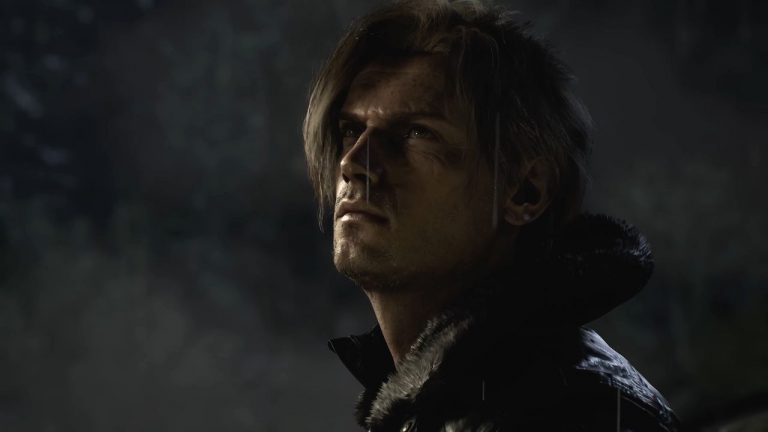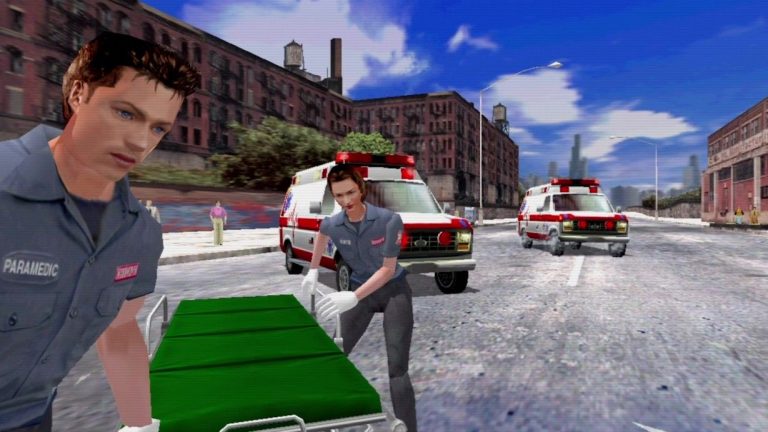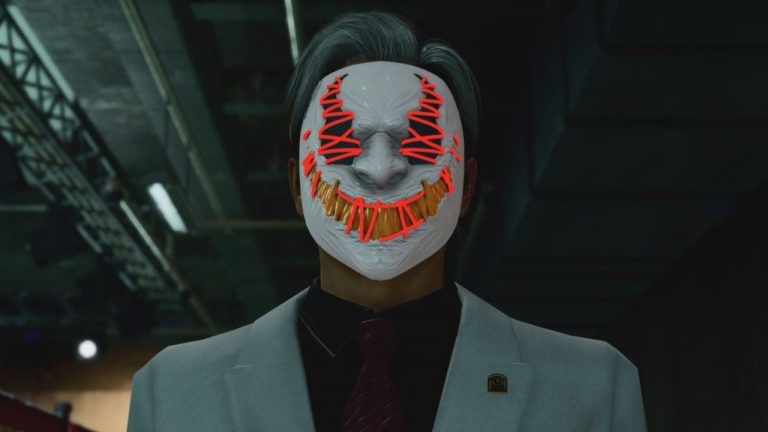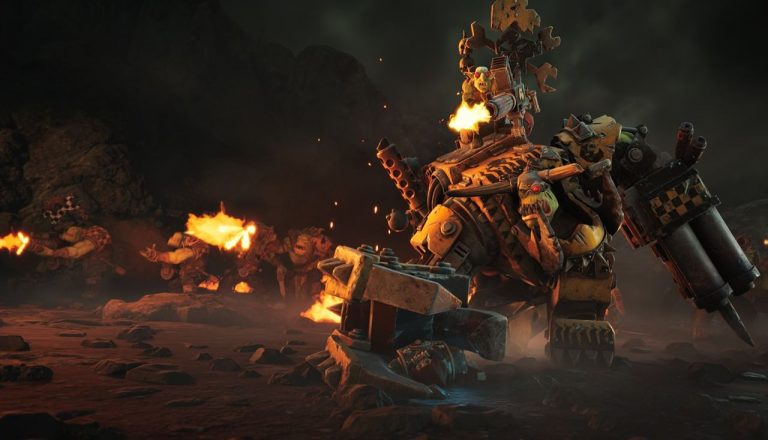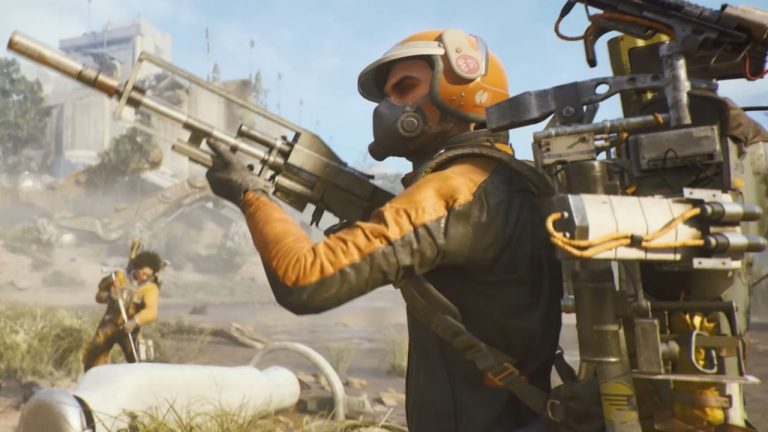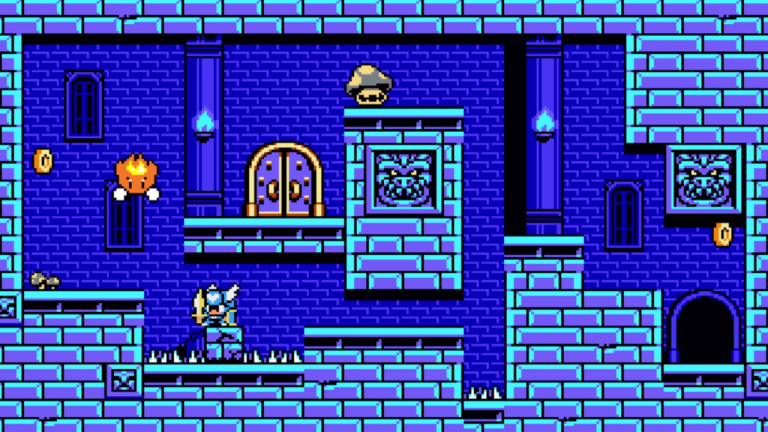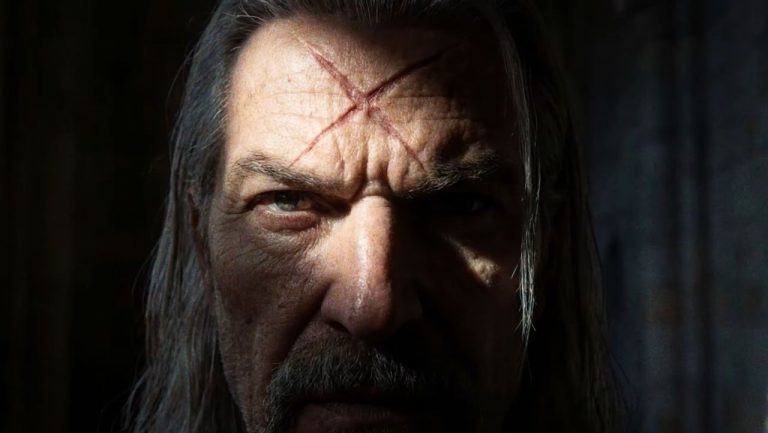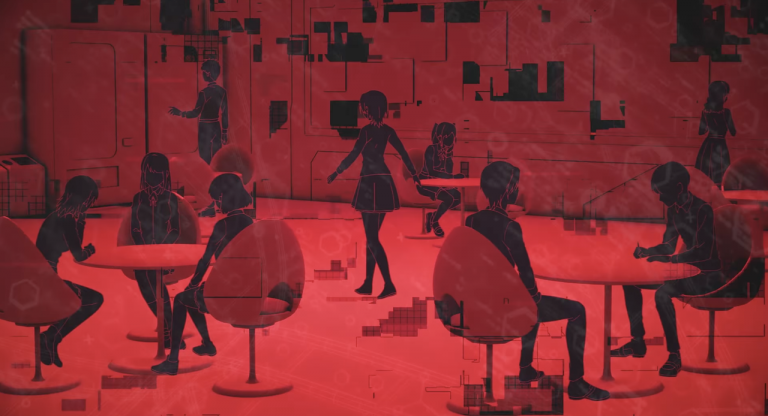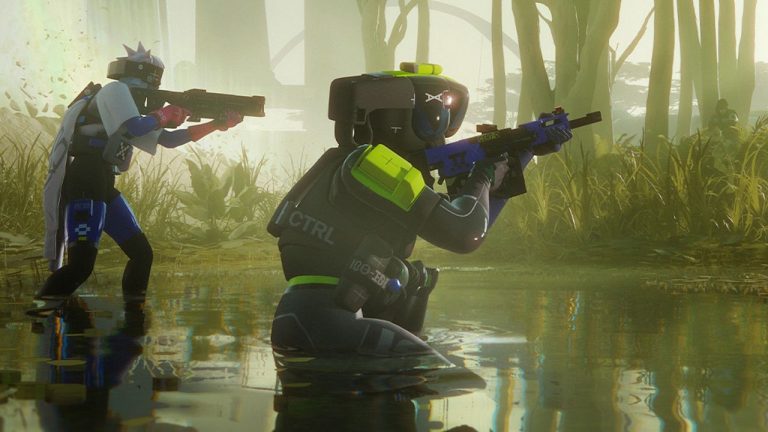While Paradox is best known for grand strategy games, and more recently the tumultuous saga of Vampire: The Masquerade – Bloodlines 2, back in 2011 it published one of my favourite slapstick co-op romps, working with little-known developer Arrowhead Game Studios. This was Arrowhead’s first game, four years before it launched the first Helldivers and 13 years before the all-consuming beast that is Helldivers 2. The game was Magicka, and it was incredibly silly.
Most of Paradox’s publishing efforts at the time were focused on strategy and grognardy games, though it had also been known to take a punt on things like Penumbra, the horror series developed by Frictional Games before it created Amnesia. Magicka, though, felt like an outlier: a comedic co-op game about death-prone wizards. Still, it paid off. Within a year, it had sold more than a million copies—not bad for a game designed by a bunch of students on a budget of only $400,000.
(Image credit: Paradox Interactive )
Paradox counted it as a big win and Magicka was heralded as one of its most successful games. It wasn’t all plain sailing, though. The game launched in a less-than-stable state, with the number of bugs hard to overlook—hence our Magicka review giving it a 69. A lot of patches and the potential for slapstick co-op shenanigans, however, gained it a sizeable audience.
Broadly, Magicka is a breezy jaunt through a silly fantasy land full of monsters, bad puns and one guy who’s definitely not a vampire. On the surface, there’s not much to it. But its hook is the simultaneously elegant and messy magic system that sees you combine up to five elements to create spells, summoning beams of searing arcane energy, boulders smothered in flame, walls of ice, devastating storms, or just spells that make everything a bit damp—it encourages experimentation. And murder. Of your fellow players.
Magicka is a breezy jaunt through a silly fantasy land full of monsters, bad puns and one guy who’s definitely not a vampire.
You can see Magicka in Helldivers 2. When you’re accidentally slaughtering your pals thanks to your laser-toting Guard Dog drone, that’s pure Magicka. Similarly, the input requirements hark back to 2011. When you’re hitting the direction keys to summon a stratagem, that’s not so different from trying to rapidly conjure up a hailstorm by casting earth, ice, ice, ice, ice.
(Image credit: Paradox Interactive )
This repertoire of spells grows as you carve a path through goblins and zombies, while new gear offers active and passive bonuses. And even a crappy blunt sword can do some damage when you enchant it with magic. But even before you make any progress, Magicka’s unhinged delights are obvious: just four mates, lolling around in their colourful robes, accidentally (or, let’s face it, purposely) blowing each other up.
Even before you make any progress, Magicka’s unhinged delights are obvious.
Following some expansions, the series continued, though without Arrowhead. It developed one more Paradox-published game, The Showdown Effect, before it developed Gauntlet and then, in 2015, the first Helldivers, the same year as Pieces Interactive and Paradox released Magicka 2. Prior to the sequel, Paradox also released its internally-developed MOBA, Magicka: Wizard Wars. The series’ penchant for mayhem helped it to stand out, but the genre had so coalesced around a small number of heavy-hitters like League of Legends and Dota 2 that it shut down in 2016.
Sadly, the Magicka series hasn’t continued, but both Magicka and its sequel remain available on Steam. With Helldivers 2 constantly on my mind these days, I felt compelled to fire up the game that established so many of its foundations. Unfortunately, being available on Steam is not the same as being playable. The last patch was in 2018, and at the time players reported stability issues, with lots of random crashes. The comment section in the update is full of them. But no fixes materialised.
(Image credit: Paradox Interactive )
With nobody at Paradox now maintaining the game, there’s no official support, leaving it still extremely prone to crashing. That doesn’t mean there are no solutions, though. An unofficial patch was created by a fan in 2023, and it does more than just tackle the crashes. It also fixes a bunch of separate issues; unlocks beta content, like the wizard’s bathrobe; and makes it more compatible with Steam Deck. It’s also possible to rollback the final update to when it was in a more playable state. It’s not as simple as just selecting an older build on Steam, however, so it’s a bit of a faff. It’s also worth noting that this solution, while better than using the final build, does not eradicate all of the issues.
Naturally, publishers cannot support games indefinitely—especially when the series has been put on ice and most players have moved on. It does seem like the prevalence of crashes should have inspired at least a hotfix or two back in 2018, though, and leaving the game in a bad state is a sad way to end things. Still, you can now play a more stable version with a bit of work, and you should! At the very least, it’s fascinating to see where the big game of the moment really sprang from, and I suspect you’ll have a lot of fun being a murderous mage to boot.



